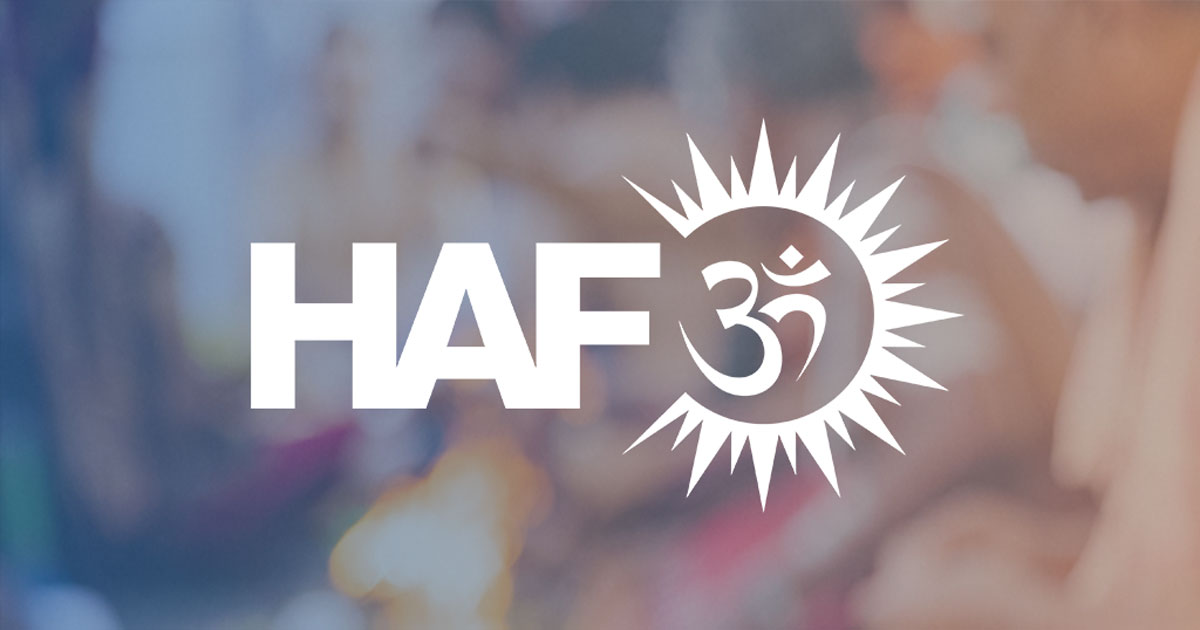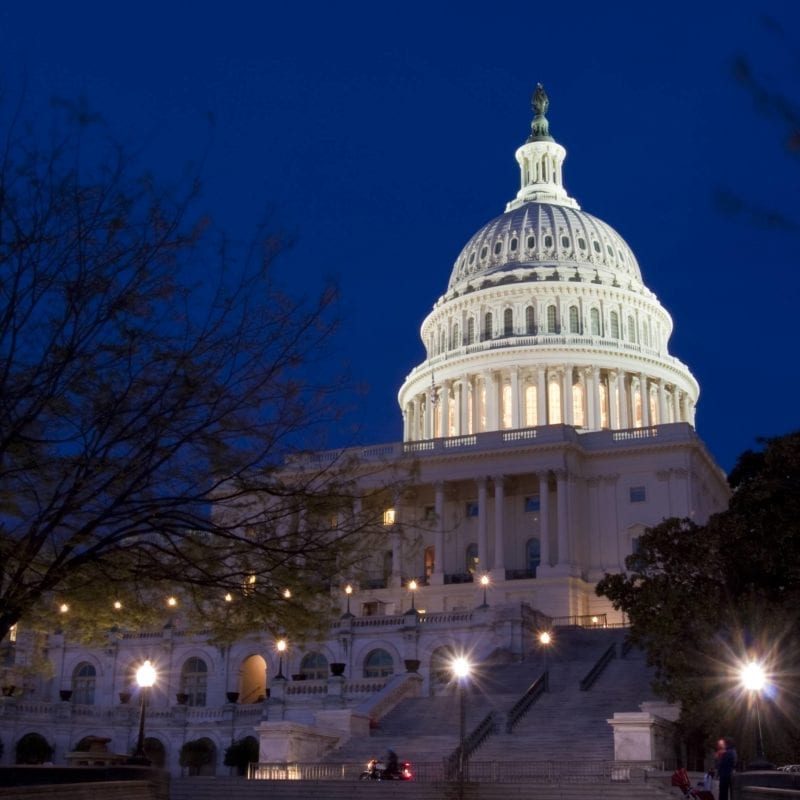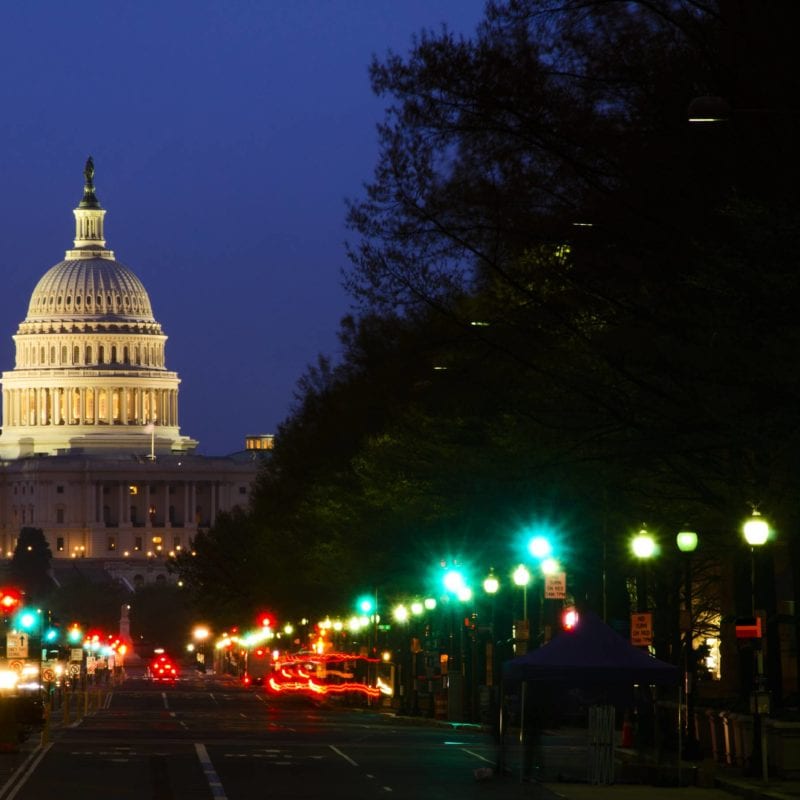
The tragedy at Ft. Hood yesterday was heart-wrenching and horrific; but it was mind-numbingly familiar. Another spasm of violence at a base that had suffered random killings before, and of our bravest soldiers falling victim to bullets at home as they were to be deployed. The irony multiplied as we heard that the killer was a psychiatrist with fellowship training in the very field of stress management, and that he happens to be an alumnus of Virginia Tech — now etched in our minds as a killing field of innocents.
But while I held my breath with worry after the Oklahoma federal building was bombed, and after airplanes became weapons on September 11, wondering if the perpetrators were Islamic terrorists — yesterday I expected to hear of a combat veteran suffering from PTSD, boiling over from new stressors at home. The Muslim name came later, and it took me by surprise. Here we go again…
Muslims have a real problem in this country, and so do all of us with names that sound Muslim, and look as we if we are from the Middle East. And this is a challenge to all who hope that we can transcend in an age of distrust, hate and intolerance. Nidal Malik Hasan was a devout Muslim, was angry and spoke out about the wars in Afghanistan and Iraq–but evinced no history of violence that has yet been unearthed–and was a decorated soldier with an unblemished record of service to the soldiers in his care.
If the American public very wrongly holds American Muslims responsible for the tragedy in Ft. Hood, a major problem in my mind is the narrative that Muslims as a community and many well-meaning Americans, including President Obama, have promoted. That is, the concept of the “Muslim world.” The idea reached its climax during the President’s much vaunted speech to the Muslim world from Cairo earlier in the year. I argued then, that the appellation of a “Muslim world” is facile.
Muslims are as ethnically, socially, ideologically and politically diverse as any religious group in the world. Of course they share a religious tradition, and will advocate for human rights abuses affecting co-religionists globally. And, of course, as a minority, Muslims in America must work to present a unified voice.
But when we give in to the conception of a monolithic Muslim world crossing national boundaries, then the equation changes quickly. When 56 countries join together as the Organization of the Islamic Conferece, they are actually foisting an artificial construct of sameness and global unity, An us versus them mentality is fostered, and a problem with one country becomes a problem for them all.
In reality, a Muslim in Indonesia, where President Obama spent some of his childhood, has completely different experiences and shares completely different aspirations than the 150 million Muslims in India, the suffering masses in Iraq, or the prospering followers of Islam in the United States. The internecine Shia and Sunni conflicts are as bloody as any. Terrorists in the Afghan theater are killing other Muslims more than anyone else. Islam is not in danger from an external bogeyman.
I see this same concept of the global Ummah or Dar-al-Islam or world under Islam or Muslim world promoted by the jihadi Taliban, al-Qaeda and other Islamist elements. They fight on in the name of Islam and appeal to a chauvinistic call of a Muslim world. They direct their calls directly to the “Muslim world” in their deranged cry for global jihadism and a return of the Caliphate.
Many Americans, Muslim Americans amongst them, may oppose the war against terror in Afghanistan and Pakistan on strong grounds of conscience. But if American Muslims and Muslims globally oppose that war as a war against Islam, and speak or act out accordingly, then they will be trapped sharing in collective responsibility if a lunatic amongst them takes the cowardly step that Hasan took.
So if we believe, or more importantly, Muslims were to ascribe to the supposition that they are a part of a monolithic Muslim world first — happening to reside for now in the United States — then every insane act of a person happening to be a Hasan or Mohamed will reflect on this imagined monolithic entity. But if Muslims see themselves as Americans that find their spiritual aspirations fulfilled in Islam, then they will raise their voice with all Americans in condemnation and repudiation of a violent act that cannot reflect on them. Muslim leaders will surely do so as the news sinks in today.
We grieve today as Americans, and we have added to our national debt of gratitude to the brave American soldiers of Ft. Hood and everywhere. Our grief is boundless. But fighting a just war in Afghanistan will entail more sacrifice; we can only pray that the madness of collateral damage measured in stress, grieving families, separated families, broken homes and senseless murder will soon end.
Views expressed here are the personal views of Dr. Aseem Shukla, and do not necessarily represent those of the University of Minnesota or Hindu American Foundation.








































